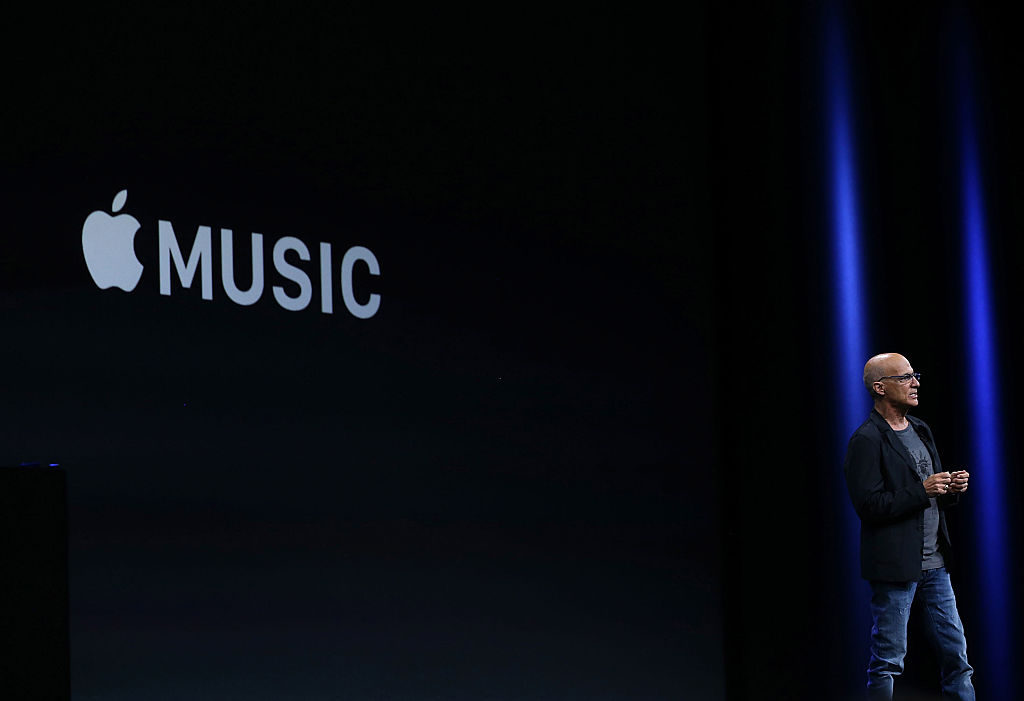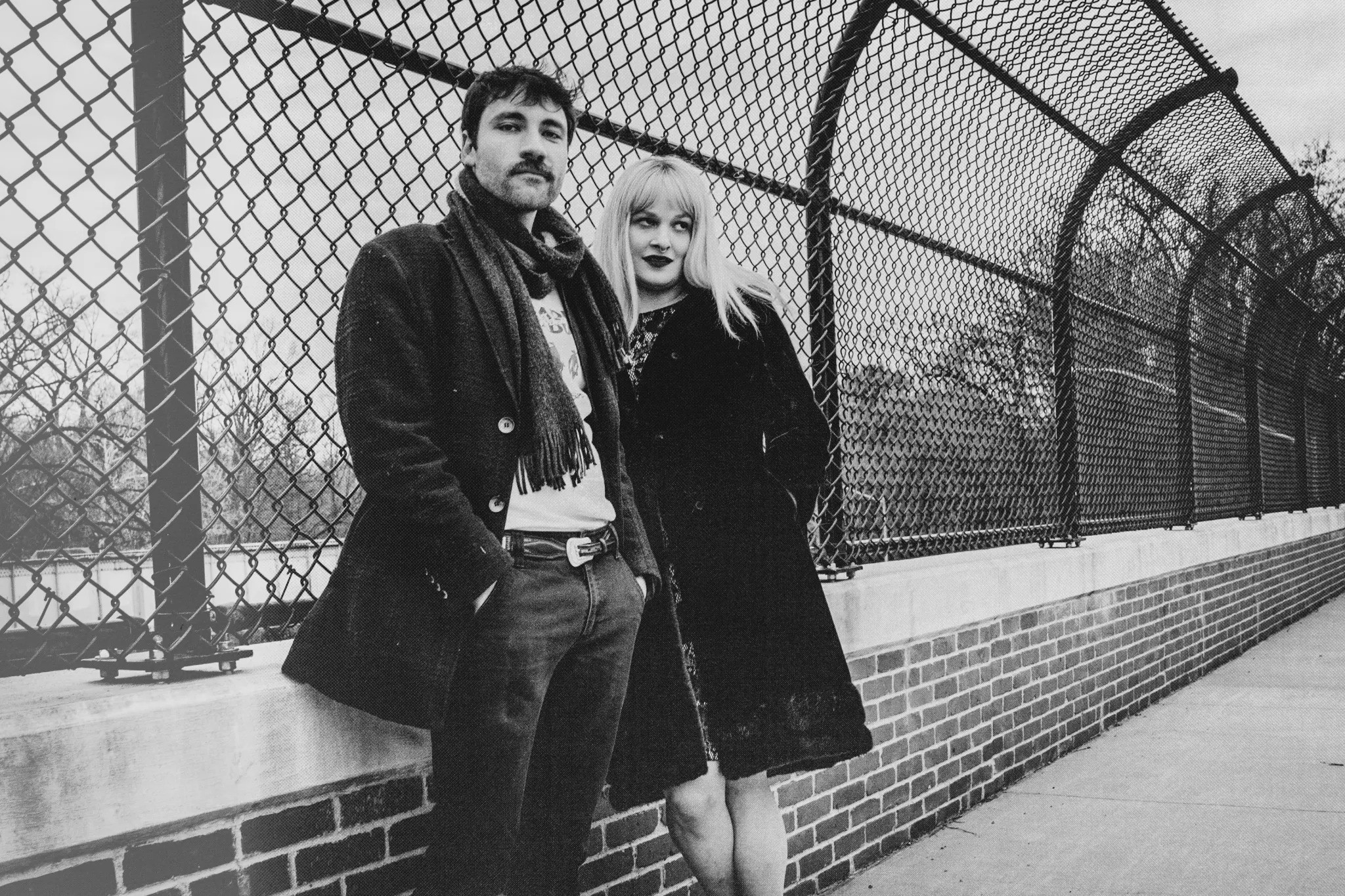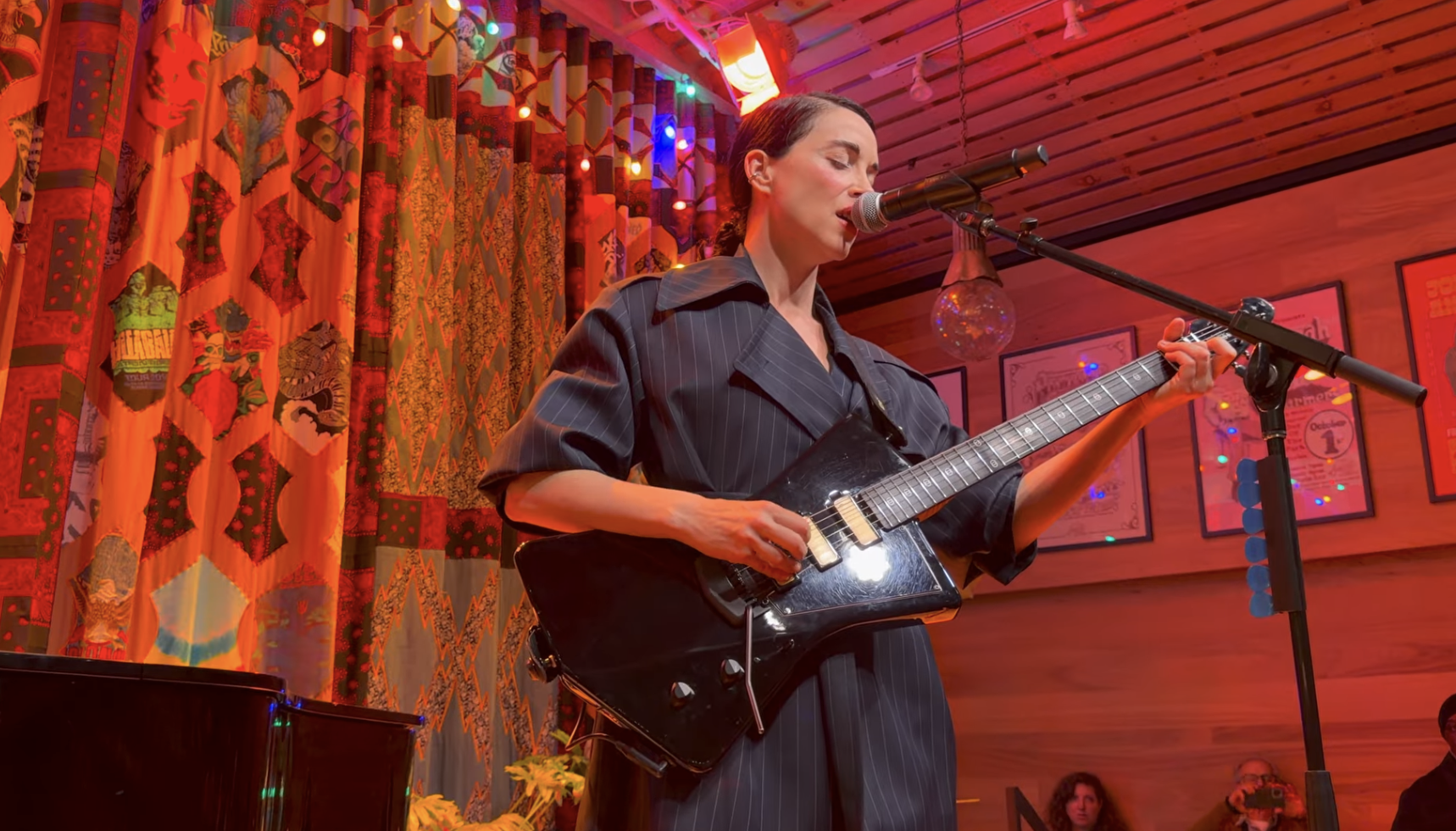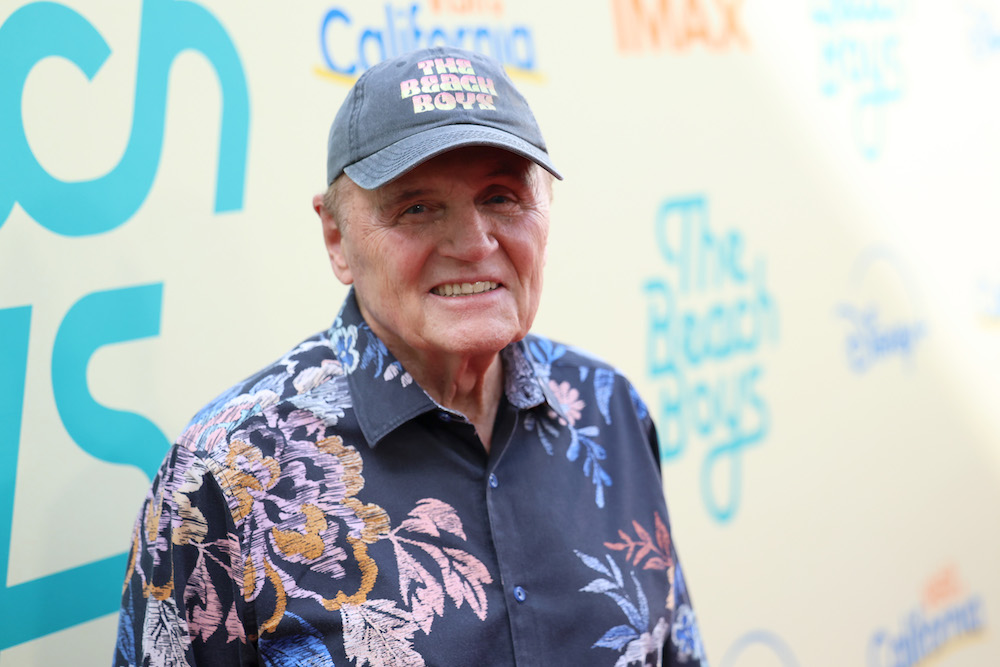A jury has found Katy Perry liable for copying the underlying beat of Marcus Gray’s 2008 Christian rap song “Joyful Noise” for her hit single “Dark Horse” in a verdict handed down on Monday (July 29) in Los Angeles federal court.
Also found liable were Perry’s “Dark Horse” collaborators Lukasz Gottwald (Dr. Luke), Karl Martin Sandberg (Max Martin), Henry Walter (Cirkut), songwriter Sarah Hudson and Jordan Michael Houston (Juicy J), as well as Capitol Records, Warner Bros. Music Corporation, Kobalt Publishing and Kasz Money Inc.
Perry and her collaborators were sued in 2014 by Gray (aka Flame), who claimed they had used the beat from his 2008 track “Joyful Noise” in “Dark Horse” without permission. Chike Ojukwu, who created the beat, and co-writer Emanuel Lambert were also plaintiffs in the case.
After a trial lasting seven days, the jury of six women and three men ultimately decided in favor of the plaintiffs, who set out to prove that Perry and her co-defendants had -- either knowingly or unknowingly -- copied the “Joyful Noise” beat for “Dark Horse.”
Judge Christina A. Snyder had previously granted a joint request for a bifurcated trial, with today’s judgment concluding the liability portion. The damages portion of the trial will begin Tuesday.
Today’s outcome follows a landmark 2015 decision in the trial over Robin Thicke’s “Blurred Lines,” in which a jury ordered Thicke and his co-writer/producer Pharrell Williams to pay a combined $7.4 million to the estate of late soul singer Marvin Gaye for infringing the copyright of Gaye’s 1977 song “Got to Give It Up.” In March 2018, the Ninth Circuit Court of Appeals upheld the district court ruling, which was largely seen as setting a precedent for future copyright infringement lawsuits, few of which ever make it to trial and many of which are settled out of court.
Like “Blurred Lines,” “Dark Horse” also proved to be a hugely popular pop hit, reaching No. 1 on the Billboard Hot 100 in 2014. One of the main differences between the two cases was the availability of the plaintiffs’ songs; while “Got to Give It Up” was a massive hit that went on to become one of the best-known songs in the legendary Gaye’s discography, “Joyful Noise” was a Christian rap song that, while apparently popular with Christian audiences (it had nearly 5 million views combined on YouTube and MySpace, and the album on which it appeared, Our World Redeemed, was nominated for a Grammy), never enjoyed significant mainstream popularity.
That lack of availability was a core argument of the defense, with Perry, Dr. Luke and co-writer Max Martin all testifying that they had never heard “Joyful Noise” prior to being sued and defense lawyers arguing that out of trillions of YouTube views between 2008 and 2012, the “Dark Horse” writers were highly unlikely to have come across Gray’s religious-themed track. They also argued that because Ojukwu created the beat independently and later licensed it to Gray, “Joyful Noise” itself was a derivative work and that the plaintiffs therefore had no legitimate copyright claim to the beat on its own.
On the plaintiffs’ side, Gray, co-plaintiffs Lambert and Ojukwu and Gray’s wife and manager Crystal Gray all took the stand, along with musicologist Todd Decker, who independently determined that Perry and her co-defendants had “borrowed” the beat from “Joyful Noise.” Defendants countered that testimony with their own expert, New York University musicologist Lawrence Ferrara, who said that “Dark Horse” wasn’t substantially similar to Gray’s song and that it contained basic elements common across countless other tunes, including such staples as “Mary Had a Little Lamb,” “Jolly Old St. Nicholas” and “Merrily We Roll Along.”
Another angle employed by the plaintiffs was establishing Perry’s short-lived career as a Christian pop singer in the early 2000s and her background as the child of two pastors -- the implication being that she may have been more predisposed to have come across “Joyful Noise” because of her history. But Perry testified that she was “mostly always listening to ... secular music anyway,” even during the Christian-pop phase of her career.
Perry was not present for the reading of the verdict Monday afternoon.
https://youtube.com/watch?v=QCcW-guAs_s
This article originally appeared on Billboard.com.






